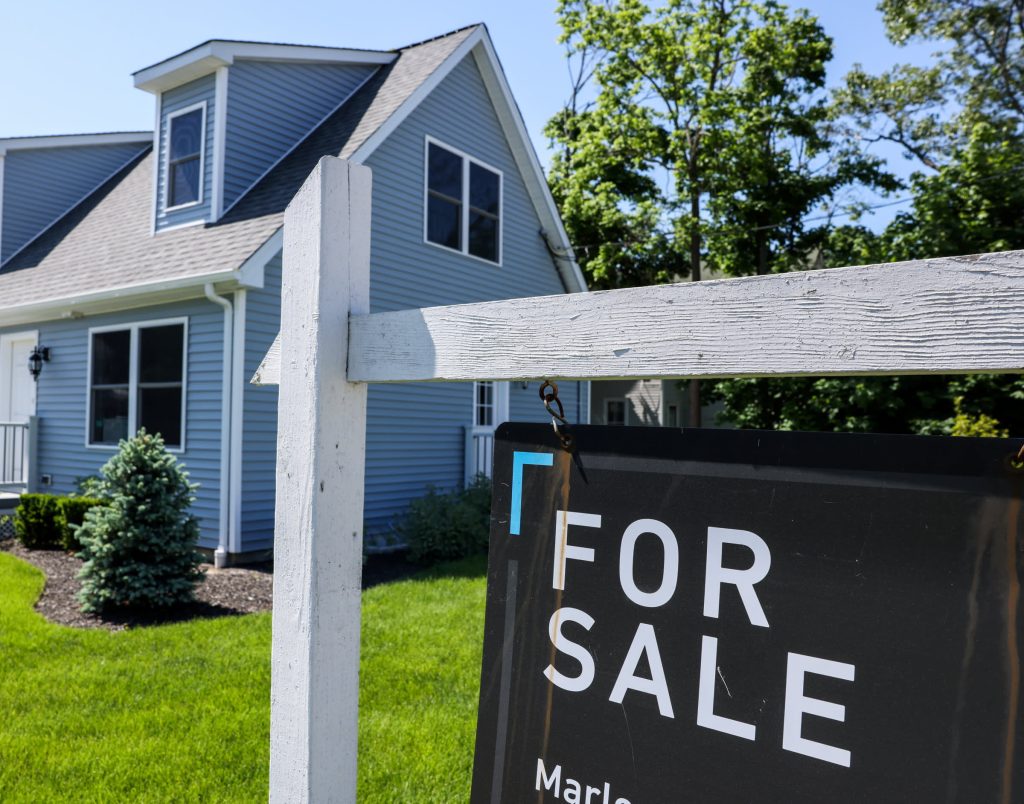This translates to $42 billion, down 21% from the previous year.
This comes after both the average purchase price ($780,300) and median price ($475,000) were the highest ever recorded by NAR for foreign buyers.
The top buyers were from Canada, China, Mexico and India. These buyers purchased the most properties in Florida, Texas, California and Arizona. Chinese buyers spent the most money and purchased the more expensive homes, according to the NAR.
The report only counts sales of existing homes, so the large number of foreign buyers in new developments is not reflected in the data.
“A strong U.S. dollar makes international travel cheaper for Americans, but it also makes U.S. homes much more expensive for foreigners,” said Lawrence Yun, chief economist at the National Association of Realtors. “So the decline in U.S. home sales to foreign buyers is not surprising.”
But foreign buyers face additional obstacles.
“We don’t have credit scores, we have weird names, we have different passports,” says Yuval Golan, CEO of Waltz, a startup that aims to help foreigners buy residential property in the U.S. “Plus we have to send money between two countries, which takes time, plus we have to handle currency exchange, plus there are a whole bunch of things we don’t know about: registrars, mortgage brokers, lenders, who may not understand our credit history or income.”
Golan said Waltz is offering foreign investors a simpler, remote experience to buy U.S. property in less than 30 days.
“We underwrite them in their home country, help them set up an LLC, within seconds we can open a U.S. FDIC insured bank account, collect their money locally and do the currency exchange within seconds,” Golan added.
Waltz also acts as a mortgage lender, albeit at above market rates.
As things stand, international buyers account for just 1.3 percent of total annual U.S. home sales, and half of sales by international buyers are paid all in cash, while they account for 28 percent of total existing home sales, according to the NAR.
Supply to the U.S. market is increasing but remains at historically low levels. Prices remain high.
Additionally, we have a presidential election coming up. International buyers tend to pull back during times of political uncertainty. Unless several factors, both economic and political, improve, sales by international buyers are unlikely to improve next year.


